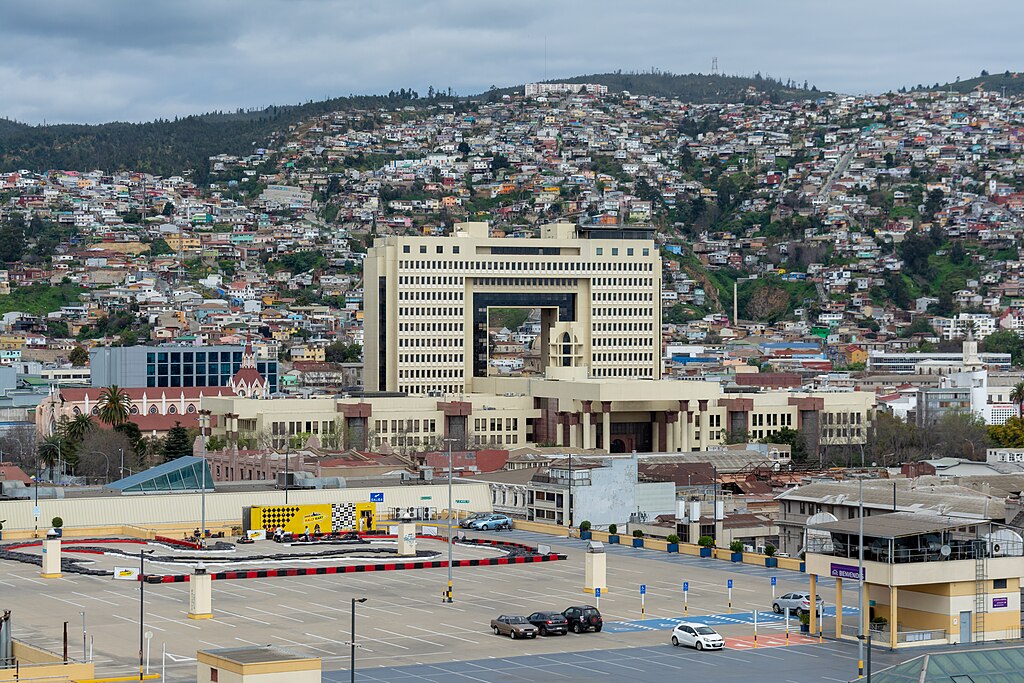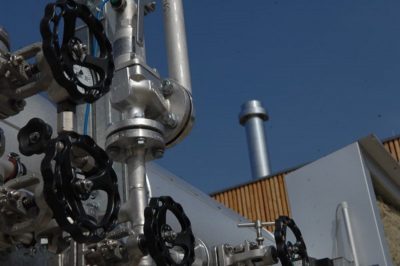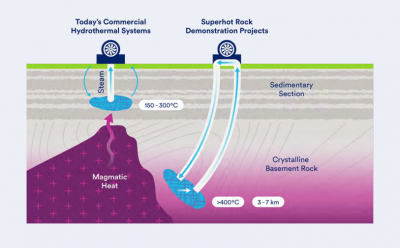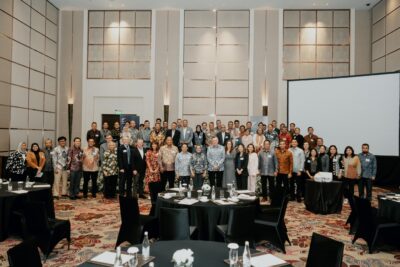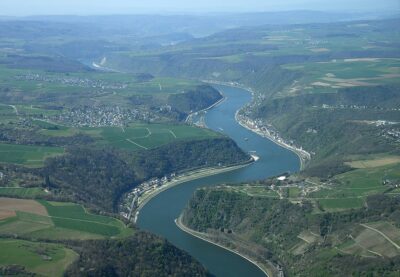Changes to geothermal concession law on the docket in Chile
A proposed regulation amendment in Chile seeks to grant an exception to shallow geothermal projects from the existing geothermal concession system.
The Senate of the Republic of Chile has approved in favor of the proposed “Law on Geothermal Energy Concessions for the development of projects for the shallow use of geothermal energy.” The initiative now goes to the Lower House to review the changes under the third constitutional procedure.
The proposed amendment to Law 19.657 seeks to exclude projects tapping shallow geothermal systems from the current concession system. A “shallow geothermal system” is defined in this proposal as being less than 400 meters depth and at temperatures below 90 °C.
The current geothermal law was created to enable the development of large-scale geothermal power projects through the granting of exploration and exploitation concessions. However, it does not make a distinction smaller project that tap into shallow geothermal systems.
Shallow geothermal systems are distinct from power generation projects in many aspects, such as the scale of investment needed, environmental impact, area of influence, safety, requirements, and technical complexity. The lack of a simpler regulatory environment for shallow geothermal projects is a disincentive to this type of project.
“Today, the law is designed for electrical projects, but not for other types of works. We now want to promote the direct uses of geothermal energy for heating, excluding the need to have concessional titles, which is why a registry is going to be established,” explained Luis Felipe Ramos, Undersecretary of Energy.
Several senators also supported the need to democratize energy use through the use of shallow geothermal energy. Hospitals, neighborhoods, and schools were mentioned as possible places that could benefit from this heating. Along these lines, the need to speed up the application of regulations was raised, as the approval times of the Ministry of Energy are usually “excessive”.
Source: Senate of the Republic of Chile
